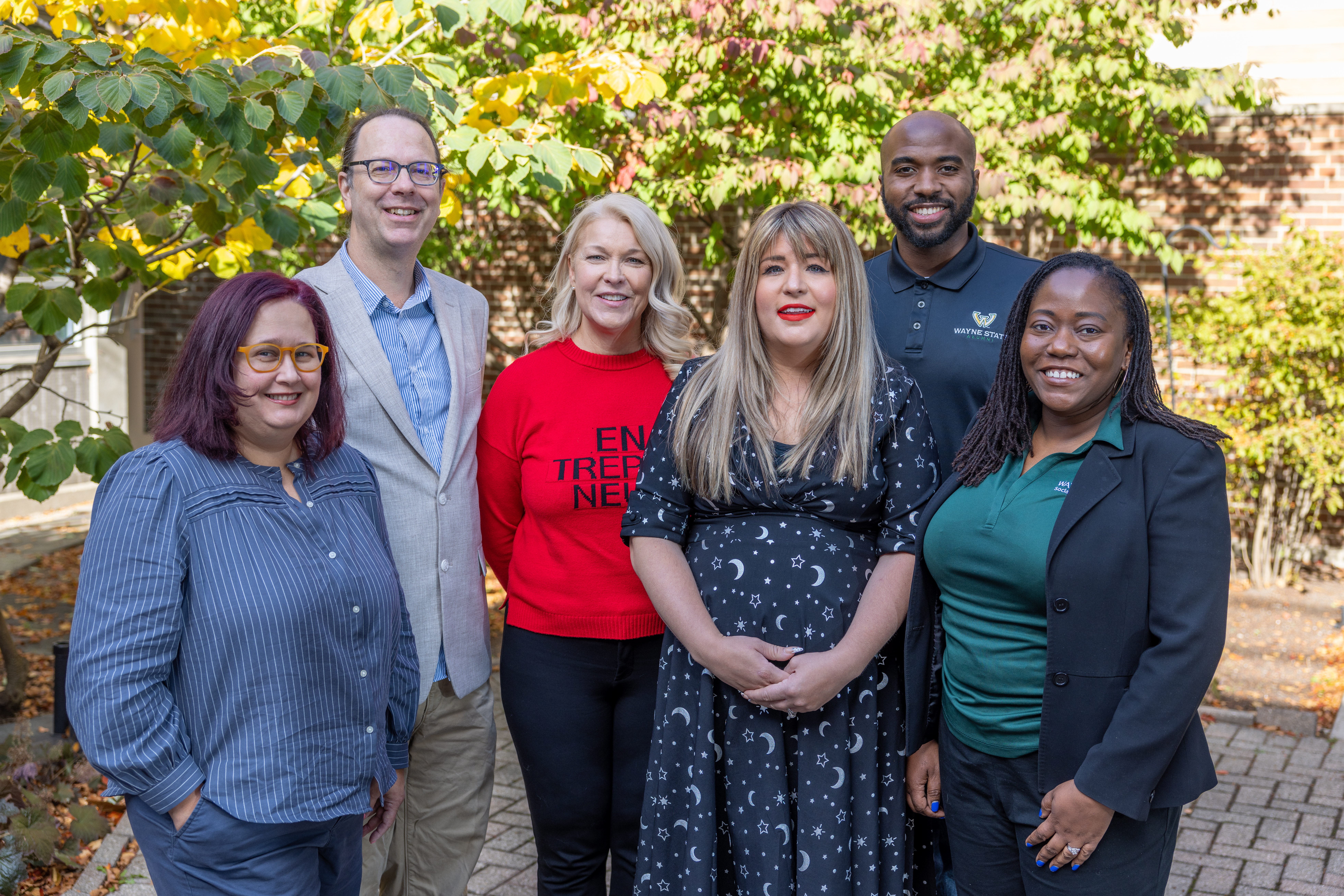Social Entrepreneurship
New thinking about the power of business and entrepreneurship to affect positive social change can be found in the emerging field of social entrepreneurship. There is no standard definition of social entrepreneurship. Broadly defined, social entrepreneurship includes both social innovation (e.g. new services and products, new processes or new target markets) and social enterprise (e.g. applying business and entrepreneurship principles in the social sector including earned revenue strategies that further mission and social impact). Social entrepreneurs include enterprising and innovative change agents who use business band entrepreneurship knowledge, skills, and abilities to address with address protracted social problems like homelessness, poverty, and violence. Social entrepreneurs desire to understand the root causes of protracted social problems, to leverage small efforts to produce maximum change through social enterprise and social innovation, to engage communities in solving their own problems, to attract impact investments, and to build replicable and sustainable models of practice. Social work scholars and researchers interested in this emerging field have noted the goodness of fit between social entrepreneurship and social work's core values. Those values as expressed in the profession's Code of Ethics include meeting the basic needs of people, empowering marginalized and oppressed communities, and addressing problems in living all of which are represented in the major tenants and practices of social entrepreneurship.
Social Work Entrepreneurship
Throughout our history as a profession, social workers have acted entrepreneurially starting new ventures whether they took the form of founding charitable organizations, government programs, or progressive social movements. Jane Addams who is widely regarded as the "Mother of Social Work" for her pioneering work in founding the Hull House Settlement House in Chicago that served the needs of the poor and marginalized immigrant individuals, families and communities has been recognized posthumously as a "social entrepreneur" by the Ashoka organization, a leading think tank for social entrepreneurship. Mindful of the many objectives shared by social work and social entrepreneurship, the School of Social Work at Wayne State University is meeting student demand for education and training in social enterprise and social innovation with the creation of a popular new course, Social Entrepreneurship (SW 7095).
"Social entrepreneurship at its core is about upsetting the status quo, and as such it aligns with social work's fundamental values about social justice and systems change," Marijo Upshaw, Adjunct Faculty at the School of Social Work and the Mike Ilitch School of Business.
Events
Social entrepreneurship and social work
Throughout our history as a profession, social workers have acted entrepreneurially starting new ventures whether they took the form of founding charitable organizations, government programs, or progressive social movements. Jane Addams who is widely regarded as the "Mother of Social Work" for her pioneering work in founding the Hull House Settlement House in Chicago that served the needs of the poor and marginalized immigrant individuals, families and communities has been recognized posthumously as a "social entrepreneur" by the Ashoka organization, a leading think tank for social entrepreneurship. Mindful of the many objectives shared by social work and social entrepreneurship, the School of Social Work at Wayne State University is meeting student demand for education and training in social enterprise and social innovation with the creation of a popular new course, Social Entrepreneurship (SW 6991).
Social entrepreneurship at its core is about upsetting the status quo, and as such it aligns with social work's fundamental values about social justice and systems change. - Marijo Upshaw, joint-appointed Social Work and Business School Lecturer and Social Entrepreneurship Instructor
Committee members

The Social Entrepreneurship Committee at Wayne State School of Social Work works to promote social entrepreneurship at the school, within the Wayne State campus and the wider community. Social entrepreneurship has increasingly become a focus within the School of Social Work as it has worked to expand and strengthen its macro training, most notably through the revision of its M.S.W. concentration Innovations in Innovations in Community, Policy, and Leadership (I-CPL).
The primary goal of the Social Entrepreneurship Committee of the School of Social Work at Wayne State University (SSW) is to promote social entrepreneurship. Specific strategic goals include the following.
- 1. To foster a culture of social innovation and social entrepreneurship among key stakeholders of the SSW including but not limited to students, faculty, alumni, staff, donors and community members.
- To create awareness of social entrepreneurship opportunities among key stakeholders.
- To work collaboratively with others in the social entrepreneurship ecosystem on campus at Wayne State University and across metropolitan Detroit.
- To provide opportunities for development of social entrepreneurship knowledge, skills and abilities education and training for key stakeholders.
- To add to the knowledge base of social entrepreneurship in social work.
- To raise the profile of the SSW in the social entrepreurship arena locally, regionally and nationally.
In the news
The Social Entrepreneurship Committee receives a national CSWE Award
 The School of Social Work's Entrepreneurship Committee was awarded the SAGE/CSWE Innovation in Teaching Award for their work in promoting and advancing social entrepreneurship education and opportunities for Wayne State social work students. Established in 2017, the Entrepreneurship Committee distinguished itself within social work higher education by creating meaningful opportunities for social work students to explore the emerging field of social entrepreneurship through coursework, campus-based interdisciplinary collaborations, academic advising, and access to Greater Detroit professionals. Tamarie Willis (Academic Advisor), Dominique Golden (MSW Candidate), and Marijo Upshaw (Adjunct Faculty) accepted the award on the behalf of the committee at the CSWE Annual Program Meeting in Orlando, Florida on November 9-11, 2018. They were also able to present a model for adding social entrepreneurship curriculum and practicum placement opportunities to social work programs.
The School of Social Work's Entrepreneurship Committee was awarded the SAGE/CSWE Innovation in Teaching Award for their work in promoting and advancing social entrepreneurship education and opportunities for Wayne State social work students. Established in 2017, the Entrepreneurship Committee distinguished itself within social work higher education by creating meaningful opportunities for social work students to explore the emerging field of social entrepreneurship through coursework, campus-based interdisciplinary collaborations, academic advising, and access to Greater Detroit professionals. Tamarie Willis (Academic Advisor), Dominique Golden (MSW Candidate), and Marijo Upshaw (Adjunct Faculty) accepted the award on the behalf of the committee at the CSWE Annual Program Meeting in Orlando, Florida on November 9-11, 2018. They were also able to present a model for adding social entrepreneurship curriculum and practicum placement opportunities to social work programs.
Contact us
For more information about the Social Entrepreneurship Committee at the School of Social Work at Wayne State University, contact chair Marijo Upshaw at mjupshaw@wayne.edu.